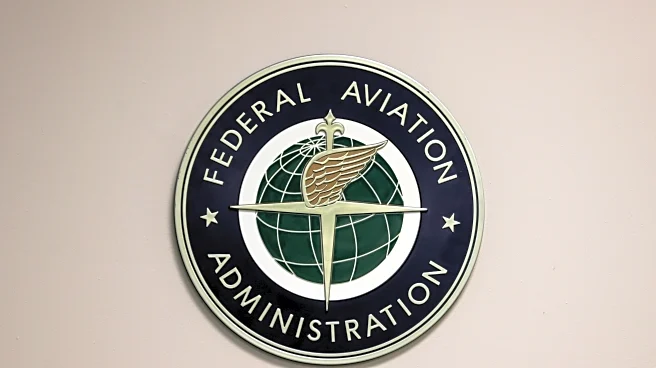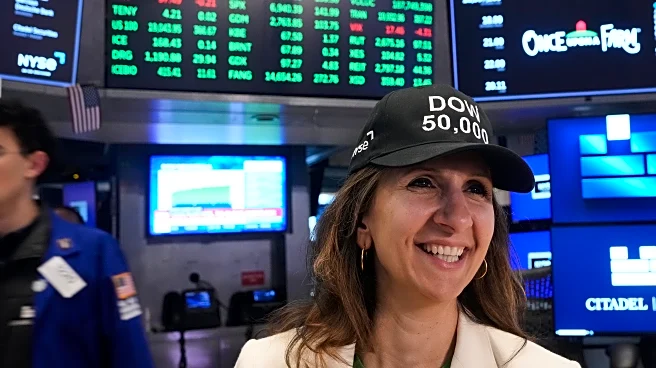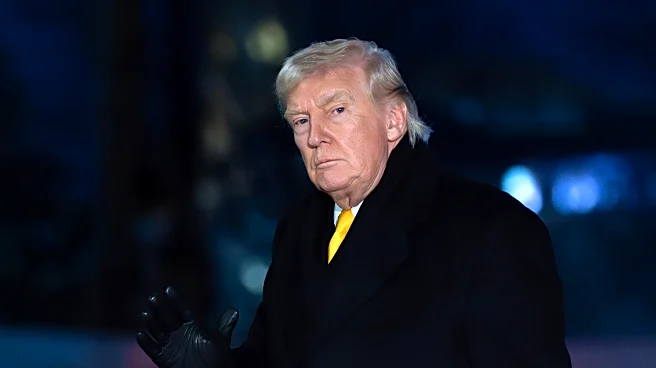What's Happening?
Indonesia briefly suspended TikTok's operating license due to the platform's refusal to provide user data related to protests in August. The suspension, lifted on October 4, 2025, has sparked concerns about online governance and potential self-censorship. Digital rights advocates criticize the government's opaque data demands and the legal framework granting extensive powers to oversight agencies. TikTok complied with the data request after initially providing partial information, citing internal policies. The protests were triggered by economic grievances and escalated following a police incident.
Why It's Important?
The incident highlights the tension between government regulation and digital platform operations, with implications for freedom of expression and privacy rights. The suspension could set a precedent for how governments interact with tech companies, potentially leading to increased regulatory scrutiny and self-censorship by platforms to avoid conflicts. This situation may affect user trust and platform engagement, impacting TikTok's business operations and market presence in Indonesia and similar markets.
Beyond the Headlines
The broader implications of this event include potential shifts in how digital platforms handle government data requests, balancing compliance with user privacy. The situation underscores the need for clearer legal frameworks to protect digital rights while allowing for necessary oversight. It also raises questions about the role of tech companies in political contexts and their responsibility to safeguard user data against governmental overreach.










